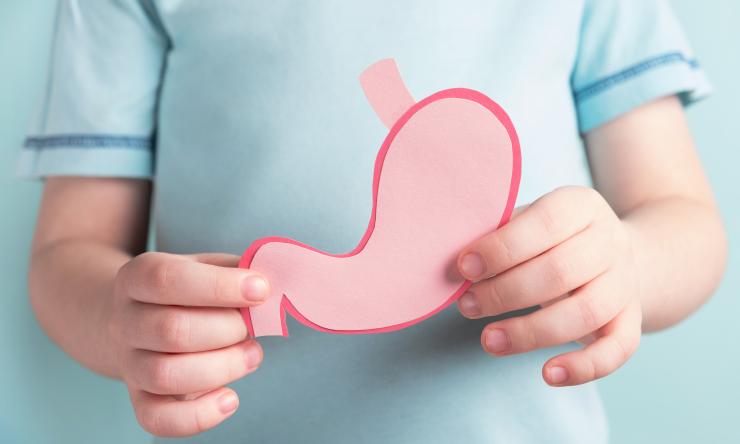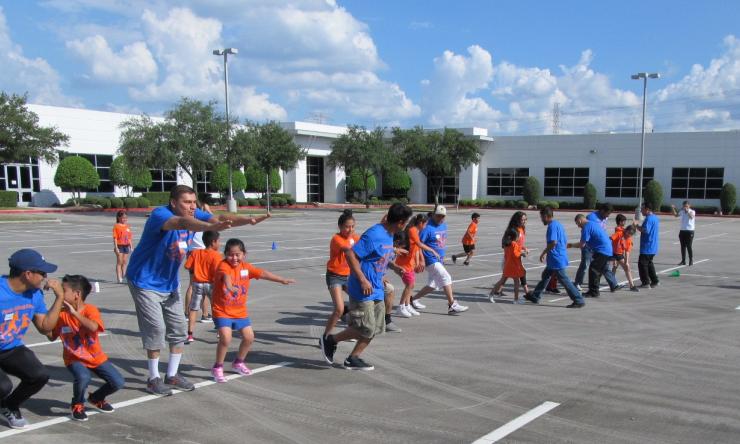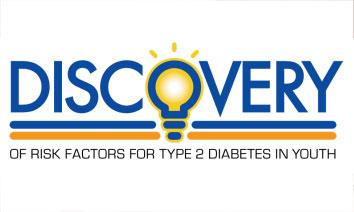
Volunteers make it happen! Nearly 13,000 Houston-area families have volunteered to participate in CNRC studies, helping to improve the nutritional well-being of children worldwide.
Houston-area residents are invited to participate in the nutrition research projects designed to help our Children’s Nutrition Research Center scientists learn more about the nutritional needs of children.
Free parking is provided. For most studies, financial compensation is provided and transportation may be available.
The CNRC is located at 1100 Bates Street in the Texas Medical Center, Houston, Texas. The center is on the south end of the Texas Medical Center, one block east of Fannin Street and one block north of Holcombe Boulevard. View the printable map with detailed directions.
Join the Volunteer Participant Registry
Our team will reach out to you about current and future study opportunities for you and/or your family.
Research Opportunities by Age/Stage
Infants and Toddlers (0-2 years)
Baylor Infant and Toddler Biomarker of Nutrition Study (BITBONS)
Seeking infants 4 months and younger for a study of whether an optical skin measurement can tell us what infants and toddlers eat.
Preschoolers (3-5 years)
Technology Effects on Child Health (TECH) Study
Seeking children 3-4 years old for a study examining screen media use effects on children’s sleep, growth, learning, memory, problem-solving, and development.
The Goodnight Screen Media Study
Children 4 years of age are needed for a research study about the effects of screen media use on children's sleep.
School-aged children (6-12 years)
My SCREENS
We are recruiting families with children aged 8 to 11 years old to help us learn about children’s screen use, sleep, cognitive skills, and emotion regulation.
Pain Management Strategy for Children with Functional Gastrointestinal Pain Disorders
Children 7-12 years of age with chronic belly pain are needed for a research study. The study will find out if a few simple tests will tell us which treatment will be most effective.
A Pediatric Gastroparesis Registry
Slow stomach emptying can cause belly pain, nausea and vomiting. This study will learn how slow stomach emptying affects children and how we might treat it.
Papás Saludables, Niños Saludables
Estamos invitando a papás hispanos con niños entre 5-11 años a participar en la evaluación del programa
Papás Saludables, Niños Saludables para promover la alimentación saludable y estilos de vida activos.
La evaluación del programa se llevará a cabo en un YMCA local. Hay compensación.
We are inviting Hispanic dads with children between the ages 5-11 to participate in an evaluation of the
Papás Saludables, Niños Saludables program to promote healthy eating and active lifestyles.
The evaluation of the program will take place at a local YMCA. Compensation provided.
Children and Adolescents (9-14 years)
DISCOVERY study
This large NIIH funded study aims to identify risk factors for youth-onset type 2 diabetes to improve prevention and treatment
Super Chef: Family Fun in the Kitchen
Researchers at the Children's Nutrition Research Center at Baylor College of Medicine are looking for parents and their 10-12-year-olds to participate in a study to help us evaluate an online program helping families adopt the Mediterranean Diet.
Adolescents and Young Adults (12-25 years)
Bone Health and Metabolism in Youth
Adolescents and young adults (ages 12-18 years; normal weight and overweight) with and without type 2 diabetes are needed for a study of bone health and risk of heart disease in youth.
FIT24: Using Technology to improve activity and sleep in Hispanic youth
Hispanic adolescents (14-16 years) are needed for a study of healthy lifestyle goal setting and attainment.
Type 2 Diabetes and Bone Health in Youth: A Longitudinal Study
Adolescents and young adults (ages 12-17 years; normal weight and overweight) with and without type 2 diabetes are needed for research on the effect of childhood onset diabetes on bone health and strength.
Arginine Metabolism in Pediatric Type 2 Diabetes (ARMET)
Seeking 12-20 year olds with and without Type 2 diabetes for a study of how a nutrient, arginine, impacts health during type 2 diabetes.
A Pediatric Gastroparesis Registry
Slow stomach emptying can cause belly pain, nausea and vomiting. This study will learn how slow stomach emptying affects children and how we might treat it.





















